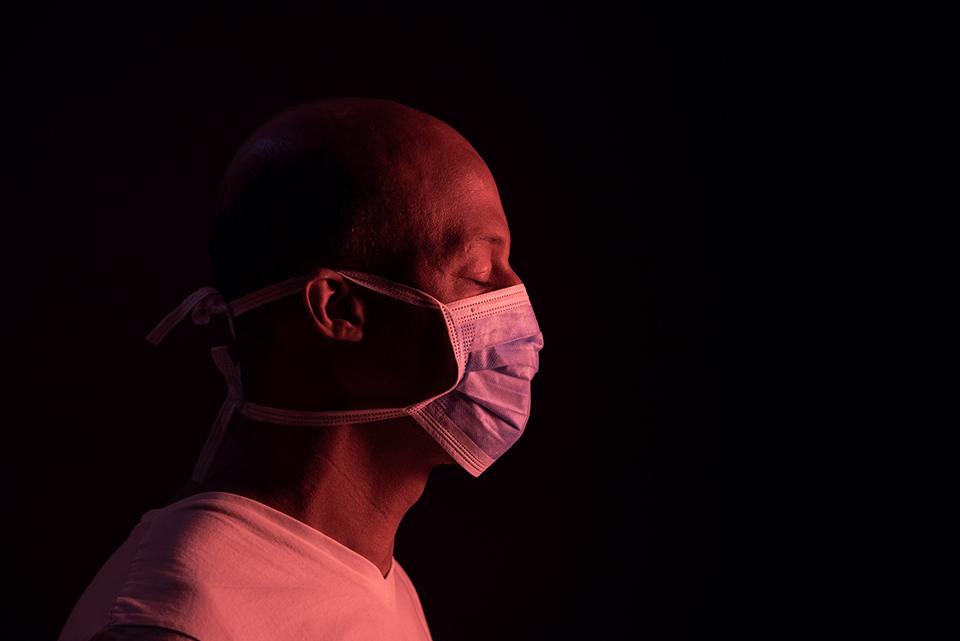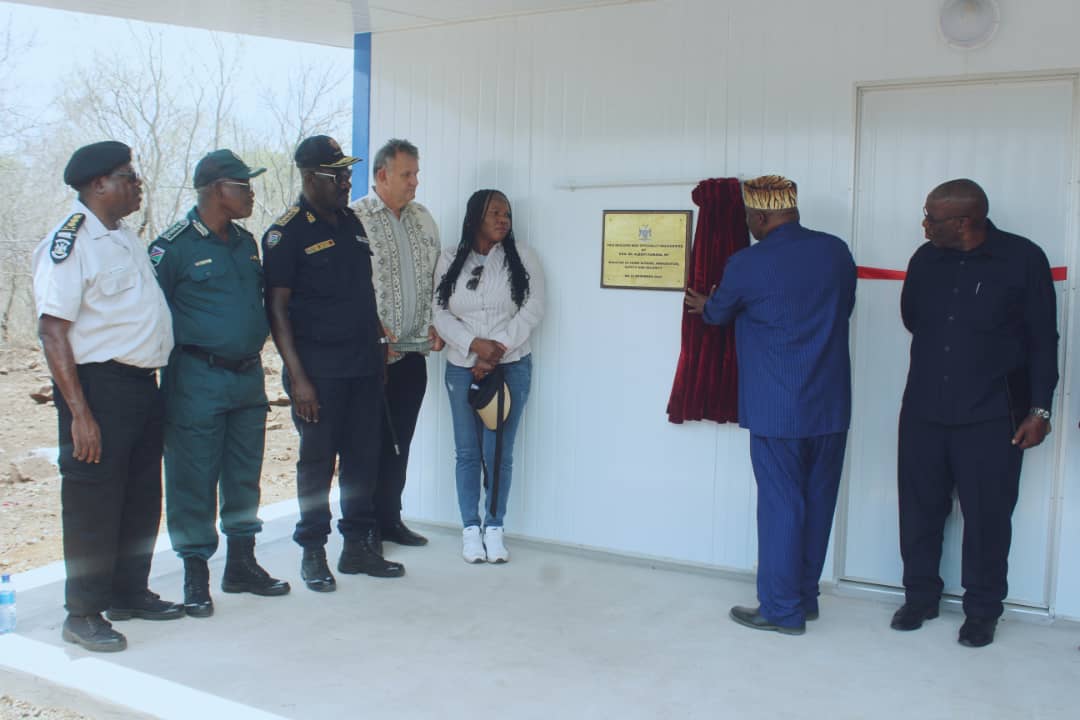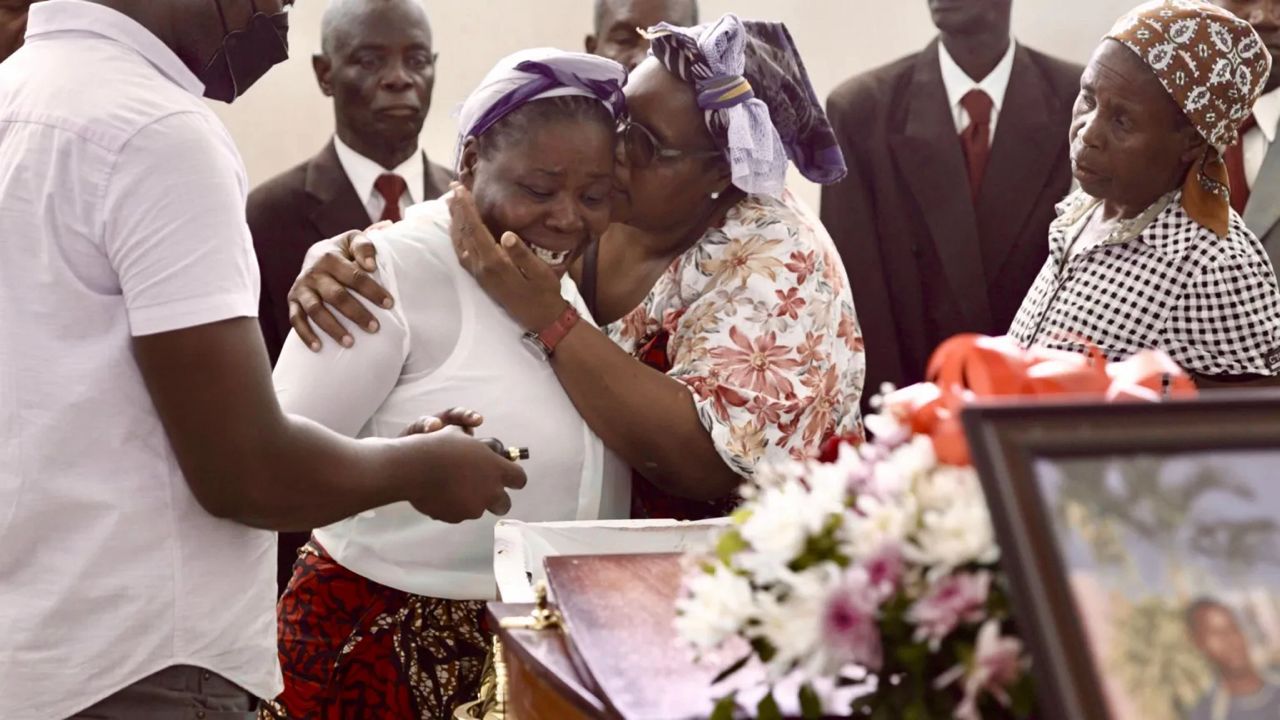IN a bid to curb the spread of Covid-19, Elsie Schickerling, the registrar of the Supreme and High Courts, has announced revised precautionary measures that will come into effect on 22 May.
The duration these measures would be in place for, however, remains unclear.
The measures were initially established and implemented in 2020, 2021, and 2022, which Schickerling says have proven effective in controlling the spread of the virus at court premises.
“The increase in the number, and in particular the percentage, of positive cases in Namibia has necessitated the courts revisiting measures with the implementation of revised measures,” she says.
Revised measures include mandatory mask wearing, hand sanitising, and maintaining a social distance of at least 1,5 metres when entering court buildings.
However, the directive does not specify any limits to the number of people permitted in court at a time.
Under normal circumstances, when the court gallery is full, other parties would wait outside for their cases to be called and heard.
It also appears that these measures primarily affect the high courts, while regional and magistrates’ courts, where numerous cases are heard daily, are seemingly excluded.
This move comes in response to the recent increase in positive cases in the country.
Notably, Namibia does not currently have laws pertaining to Covid-19 specifically.
The World Health Organisation two weeks ago declared the Covid-19 pandemic as no longer a global health emergency.
Minister of health and social services Kalumbi Shangula says he is not aware of the Office of the Judiciary’s adoption of Covid-19 measures.
“All Covid-19 restrictions were removed on 15 July, 2022, and have not been reinstated. In the last weekly report, 65 infections and re-infections were recorded nationwide, of which 55% were in the Khomas region,” Shangula says.
He says the responsibility for preventing Covid-19 now lies with individuals, families, and communities.
Lawyer Richard Metcalfe has raised concerns about the judiciary’s decision, questioning its legality and the potential infringement on individuals’ rights.
“There are no laws in the country to allow this unilateral decision by the honourable registrar. The public would incur no risk by refusing to comply with what is an illegal invasion of their rights and bars access to justice by those who fail to comply with what is merely an administrative decision,” he says.
Metcalfe considers the move irresponsible, particularly in the “delicate” national climate following the Supreme Court’s ruling on same-sex marriages concluded outside of Namibia.
Rundu-based lawyer Bernhard Tjatjara says the directive was carefully crafted to avoid infringing on the public’s right to access courts.
“It only prescribes the manner in which access should be controlled, subject to the requirements. An important aspect of justice is that it must not be done, but must be seen to be done, which incorporates the right of the public to access courts. Whether masks will be made available at the courts is another thing,” he says.
Article 12 of the Constitution allows for public exclusion from court proceedings in defined and limited circumstances, such as those related to morals, public order, or national security.
Stay informed with The Namibian – your source for credible journalism. Get in-depth reporting and opinions for
only N$85 a month. Invest in journalism, invest in democracy –
Subscribe Now!






